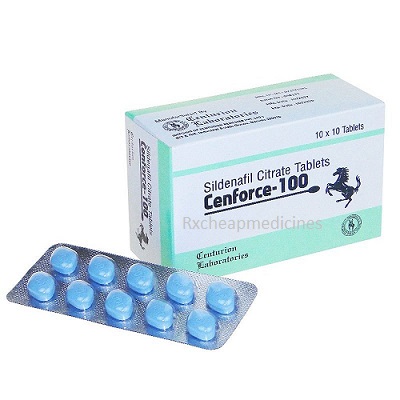
Understanding Asthma Medications
Asthma is a chronic respiratory condition characterized by inflammation and constriction of the airways, leading to symptoms such as wheezing, shortness of breath, coughing, and chest tightness. While asthma cannot be cured, it can be effectively managed with the use of medications. The goal of asthma treatment is to control symptoms, prevent exacerbations, and improve the overall quality of life for individuals with asthma. This comprehensive guide will delve into the various medications used to manage asthma, shedding light on their mechanisms of action, types, and how they fit into an individualized treatment plan.
Bronchodilators
Short-Acting Beta-Agonists (SABAs): These medications provide quick relief by relaxing the smooth muscles around the airways. Albuterol is a commonly prescribed SABA and is often used as a rescue inhaler during acute asthma attacks. SABAs work by stimulating beta receptors in the lungs, leading to bronchodilation within minutes.
Long-Acting Beta-Agonists (LABAs): LABAs have a more prolonged effect compared to SABAs and are used for maintenance therapy. They are often prescribed in combination with inhaled corticosteroids (ICS) for better asthma control. LABAs include medications such as salmeterol and formoterol.
Inhaled Corticosteroids (ICS)
ICS are a cornerstone in the management of asthma. They work by reducing inflammation in the airways, making them less sensitive and prone to triggering asthma symptoms. Common ICS medications include fluticasone, budesonide, and beclomethasone. ICS are usually administered through inhalers, and their regular use helps prevent asthma exacerbations.
Know More: – Buy Generic Sildenafil 200 mg Black Viagra
Combination Inhalers
These inhalers contain a combination of an ICS and a LABA, providing both anti-inflammatory and bronchodilator effects. Combination inhalers simplify treatment regimens, enhance adherence, and are particularly beneficial for individuals with moderate to severe asthma. Examples include fluticasone/salmeterol and budesonide/formoterol.
Leukotriene Modifiers
Leukotrienes are inflammatory mediators that play a role in asthma. Leukotriene modifiers, such as montelukast and zafirlukast, work by blocking the action of leukotrienes, thereby reducing inflammation and bronchoconstriction. These medications are often prescribed as add-on therapy, especially in individuals who may have difficulty using inhalers.
Anti-IgE Monoclonal Antibodies
For individuals with severe allergic asthma, anti-IgE monoclonal antibodies like omalizumab may be prescribed. These medications target immunoglobulin E (IgE), an antibody involved in allergic reactions. By binding to IgE, anti-IgE antibodies prevent the release of inflammatory substances, helping to control asthma symptoms.
Long-Acting Muscarinic Antagonists (LAMAs)
LAMAs, such as tiotropium, act as bronchodilators by blocking the action of acetylcholine, a neurotransmitter that can cause airway constriction. While LAMAs are more commonly used in the treatment of chronic obstructive pulmonary disease (COPD), they may be considered as an add-on therapy for individuals with asthma, particularly those with persistent symptoms despite other treatments.
Know More: – Buy Climax Spray for Men
Systemic Corticosteroids
In severe asthma exacerbations, oral or intravenous systemic corticosteroids like prednisone may be prescribed for a short duration. These medications have potent anti-inflammatory effects and help rapidly reduce airway inflammation. However, due to potential side effects with prolonged use, systemic corticosteroids are reserved for acute situations or when other treatments are insufficient.
Mast Cell Stabilizers
Cromolyn sodium and nedocromil are mast cell stabilizers that help prevent the release of inflammatory substances from mast cells. While less commonly prescribed compared to other asthma medications, they may be considered, particularly in individuals with exercise-induced asthma or certain allergic triggers.
Conclusion
Asthma management involves a multifaceted approach, and healthcare providers tailor treatment plans based on the individual’s specific needs, asthma severity, and triggers. Medications play a crucial role in achieving asthma control, and the choice of medication depends on factors such as symptom severity, frequency, and the presence of allergic triggers. Regular monitoring and adjustments to the treatment plan are essential to ensure optimal asthma management and improved quality of life for individuals living with this chronic condition. If you or someone you know has asthma, it is crucial to work closely with healthcare professionals to develop a personalized and effective asthma management plan.
Know More: – Penon Cream (Penis Enlargement Cream)









